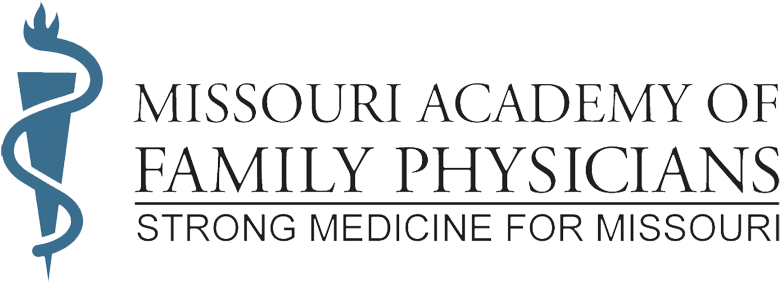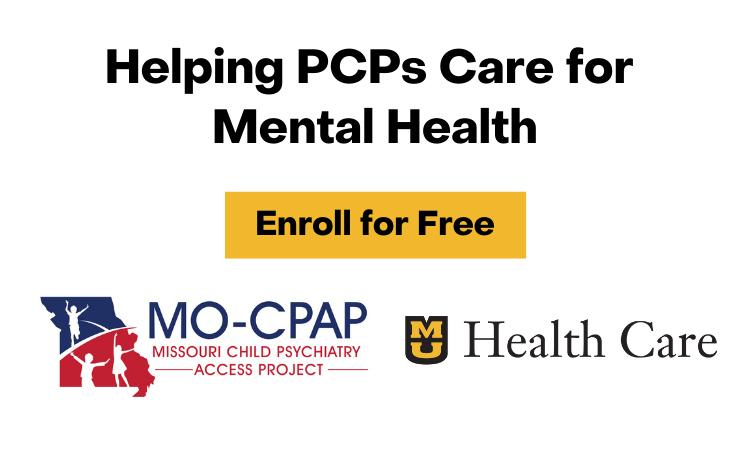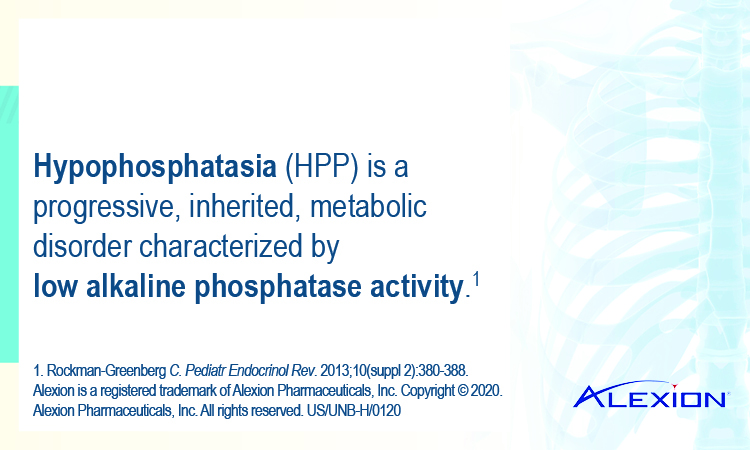Group prenatal care is a prenatal model that brings together groups of women who are roughly the same gestation age for prenatal checkups, interactive learning, and social support. This alternative model to traditional prenatal care was designed to improve patient education and include opportunities for social support while still continuing routine prenatal health assessments. Group prenatal care allows for more educational opportunities for the patients, improves clinic efficiency, and reduces repetition.
Centering Pregnancy is a non-government organization that provides a standardized curriculum for group prenatal care and many of the evidence-based benefits that have been studied are based on their programs. Centering Pregnancy group prenatal care has strong evidence of improved birth outcomes particularly among disadvantaged populations, such as low-income black and Hispanic women. Centering Pregnancy group prenatal care has also been shown to increase infant birth weight, reduce the likelihood of preterm delivery, reduce Neonatal Intensive Care Unit (NICU) admission, increase breastfeeding initiation and duration, and increase patient and provider satisfaction. Centering Pregnancy also has additional curriculum that focuses on specific interventions. These Centering Pregnancy Plus interventions have shown to reduce unprotected sex, sexually transmitted infections, and repeat pregnancies. There is also evidence for decreasing depression during pregnancy and postpartum.
Group sessions visit intervals are similar to traditional individualized prenatal care: sessions every 4 weeks starting at 16 weeks gestation until 28 weeks gestation, and sessions every 2 weeks starting at 30 weeks until delivery. Patients can also schedule additional appointments as needed and can arrange for weekly visits during the last month of pregnancy. Sessions consist of self-assessment of blood pressure, weight, and calculation of gestational age. Providers will examine each patient and measure fetal heart rate and fundal height. At each group prenatal visit there will be presentations and group discussions on important educational topics ranging from pregnancy complications (preterm labor and indications for when to go to the hospital) to nutrition, exercise, stress reduction techniques, sleep, depression, contraception, breastfeeding, and birth plans.”
About the Author
By: Natalie Long, MD




